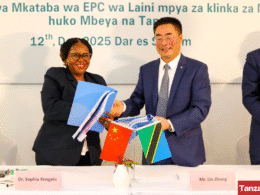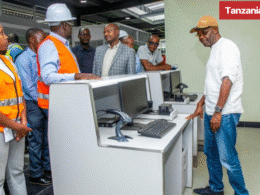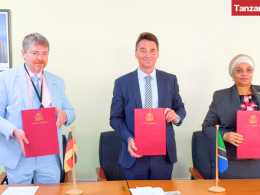Tanzania recently launched its isotope hydrology laboratory in the capital city Dodoma to improve water resource management in the country.
Isotope hydrology uses naturally occurring stable and radioactive isotopic techniques to evaluate the age and origins of surface and groundwater and the processes within the atmospheric hydrologic cycle.
It permits informing water-use policy, mapping aquifers, conserving water supplies, assessing sources of water pollution, and study human impacts on all dimensions of the hydrological cycle and ecosystem services.
Commenting on the commissioning of the laboratory, Kitila Mkumbo, the Permanent Secretary of the Tanzanian Ministry of Water and Irrigation explained that it will also allow to determine the level of a water source and the actual volume of groundwater in a well-defined area.
Slightly more than half the population of Tanzania is estimated to have access to an improved water source, with stark differences between urban and rural areas.











